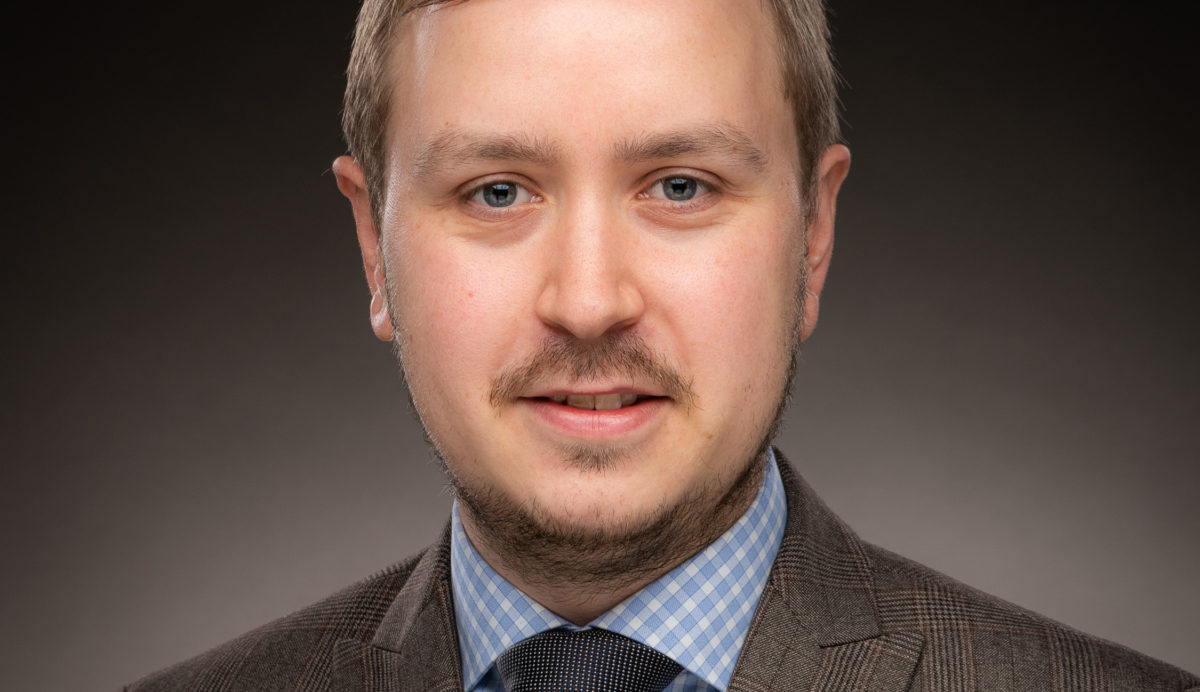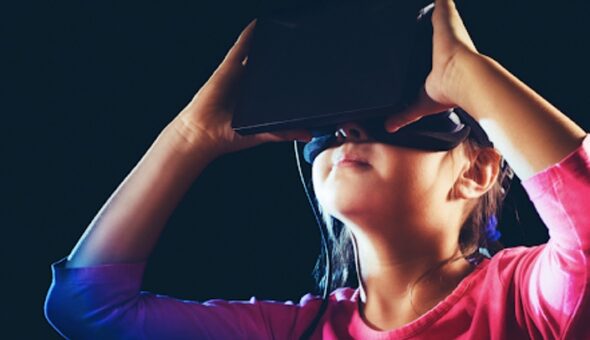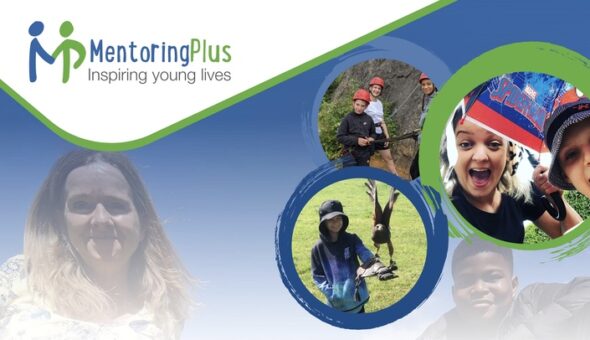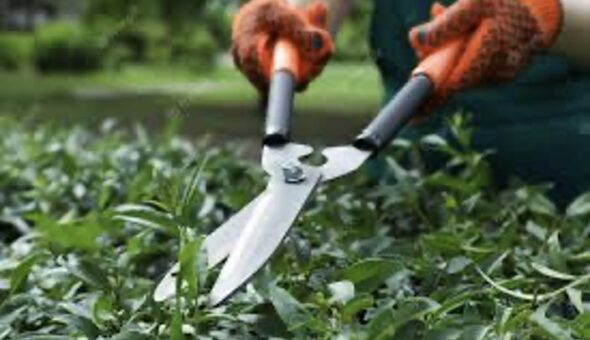You will likely have read about the University’s efforts to provide over 100,000 pieces of PPE to the local healthcare community to support the Covid response. Today we catch up with Dr Alexander Lunt, the engineer who was the driving force behind the project.
Alex - how did you first become aware of the need for this project?
My wife works at the Royal United Hospitals Bath, so I know some of the staff there and had conversations with them in the lead up to the lockdown. It was clear both from speaking to them and from what we were all hearing in the news that there was going to be an issue with accessing sufficient PPE, so I started to think about what I could do to help. I contacted a few people and ended up speaking with Andrew Georgiou, Lead Consultant for Critical Care at the hospital, about what exactly would be helpful. They needed PPE, but also engineering support to make the most of their ventilators and work done around blood pressure monitoring, so I took the conversation to our departmental Whatsapp group and we started to consider how we might help.
This was at a turbulent time, how hard was it to get support from the University?
There was no shortage of volunteers - that was fantastic. But yes, the timing was difficult because the University was trying to close the buildings safely and make them secure, and we were asking for access to rooms. No one quite knew what the Government rules were going to be. Initially, we worked at home for a few weeks, but then we wanted to upscale and were able to move into space on campus.
Some people from other local universities we spoke to early on were keen to do the same but they were blocked by their legal teams, health and safety teams, and the inability of different departments to work together and make quick, sensible decisions. If we had come up against that it could have stopped the whole project. We actually found the opposite - some of the University’s more restrictive processes like payments were sped up and made almost instant to support the project, meaning we could deliver far faster than we might have under normal circumstances.
You put a lot of hours into this project - what was your personal motivation?
Well, I wanted to help my wife and look after her so there was that. But also, when you become an engineer it is because you want to have an impact, make a difference in the world. I work in very small scale mechanics, the applications to society might not always be clear but my work can result in better structures, better materials, cleaner cars, or more fuel-efficient planes - I can see the impact even if it isn’t immediately obvious. To me, it is a natural inherent part of being an engineer. Your aim is to help society in general, and this was another way to do that.
What was your experience of working with organisations in the city?
I am relatively new to Bath and a relatively new academic in the dept so it was really nice to make contacts in the city, to meet people, and to be able to offer some assistance. I have found Bath to be a really warm and welcoming place, so it was nice to have the opportunity to give something back. Through the project we worked with B&NES council, Bath Enhanced Medical Service, Avon LPC and of course RUH Bath. At the same time we had volunteers from within the city and it demonstrated the sort of people who are in Bath, how generous and kind they are - the community spirit really shone for me.
Were there challenges in working with community groups?
The major challenge was identifying the right people to contact. It was very easy once we had those relationships to then interact and engage, but at the initial stages it was a case of spending days sending out speculative emails and working through them, it took a lot of time and effort. The University having a way to support this process would make it easier to do projects like this in the future.
What advice would you give to others thinking of doing a local community project?
I have thoroughly enjoyed doing this work, and in terms of advice, I’d say invest some time in making sure you are connecting with the right people at the beginning. Also, make sure you have the right team in place - I was fortunate to have a hard-working dedicated team and without them I couldn’t have got the project going. Also without the wider support of the University I don’t think the project would have gone anywhere. And do speak to the community engagement and media teams, they can help with making connections and garnering local support for a project.
Do you think this project will help your career?
Doing this work has been a big investment of time and effort, but my Head of Department has been very supportive, as has the faculty Dean, the Vice Chancellor, and everyone in the management structure above me. I would like to think that I have helped in the University-community relationship, and I think that has been really acknowledged within the University. I have also met a lot of new people and made a lot of new friends inside and outside the University, and I am sure that is going to be helpful when I get back to my research generally - it will be helpful that I know all of these people.
Katrina Kelly is Head of Community Engagement at the University of Bath
Respond



